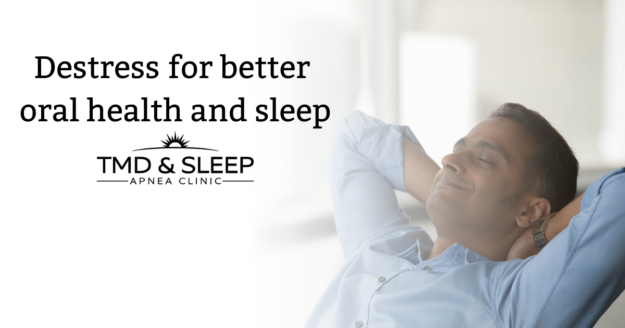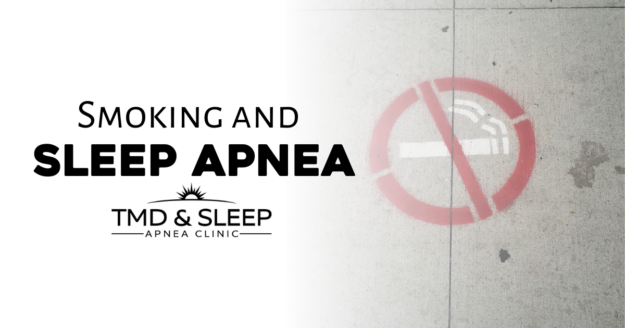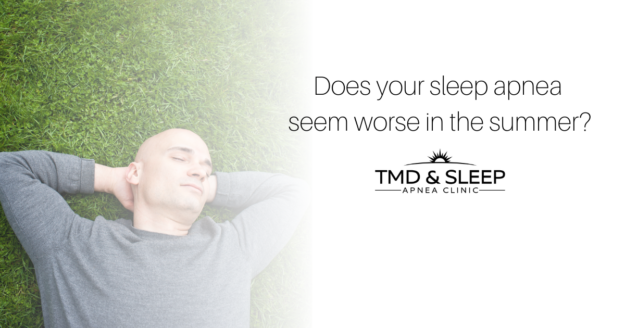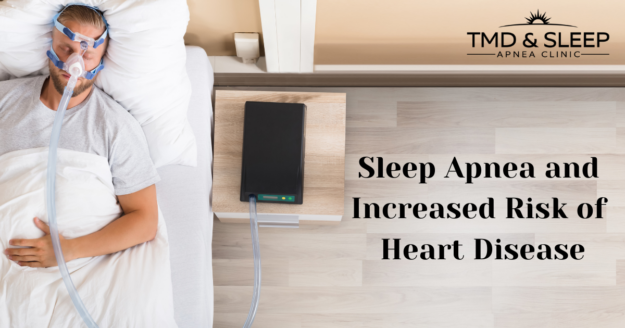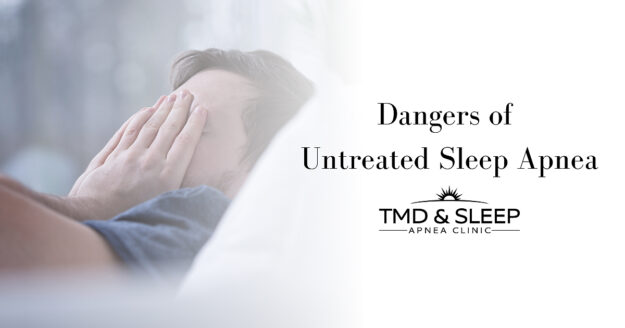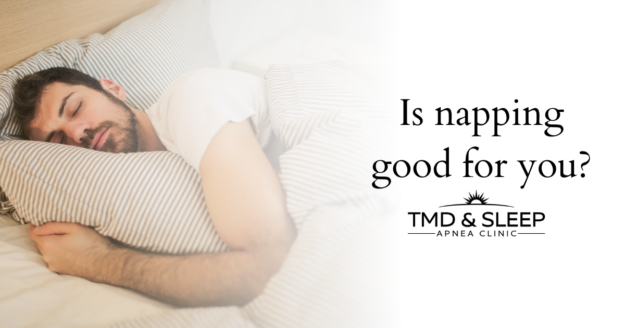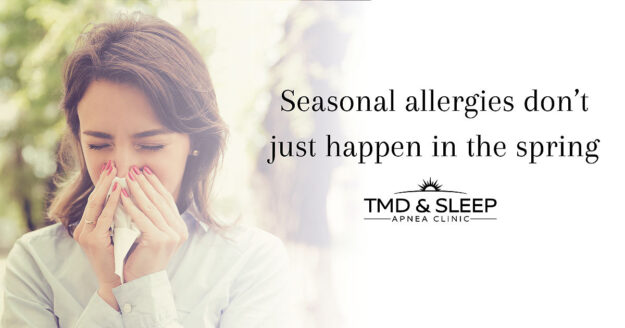Destress For Better Oral Health And Sleep
We hope that you are having a wonderful summer and finding time to relax. Many people look forward to the summer months all year long as there is usually an expectation of less on the to-do list and a lighter schedule. Families enjoy school being closed as well as activities on hold for the summer. Companies adapt a summer schedule giving a more relaxed atmosphere. Are you dreading the return of fall due to the added stress that follows with the aspects of your day-to-day life? We want to share some helpful tips to manage your stress, which is beneficial, especially if you suffer from TMD or sleep apnea. Continue reading to learn more.

